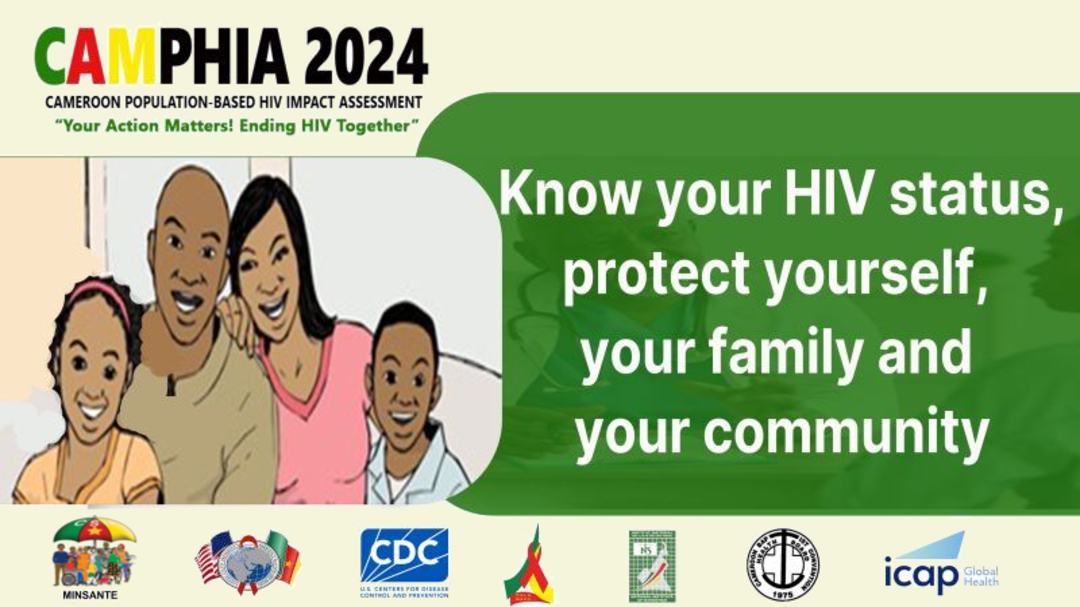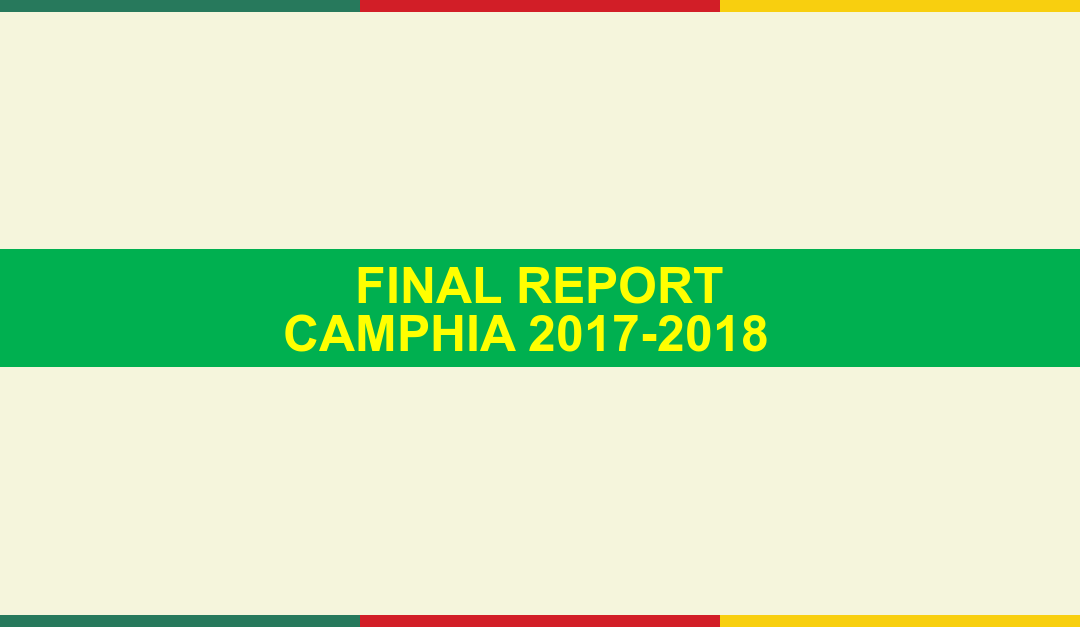Can I self-diagnose HIV based on symptoms?
HIV is often asymptomatic, meaning there may be no noticeable symptoms for years after infection. When symptoms do appear, they can be vague and easily mistaken for other illnesses.
If you’re concerned about your health or have engaged in activities that may have exposed you to HIV, the only way to know for sure is to get tested. Early testing is crucial for starting treatment and preventing further transmission.
What is the difference between HIV and AIDS?
HIV and AIDS are not the same thing.
HIV (Human Immunodeficiency Virus) is a virus that attacks the immune system. It can infect a person’s body and weaken their ability to fight off infections.
AIDS (Acquired Immunodeficiency Syndrome) is a collection of illnesses that occur when the immune system is severely weakened by HIV. People with AIDS are more susceptible to infections and other health complications.
It’s important to note:
Early diagnosis and treatment can help slow down the progression of HIV and improve quality of life.
A person can be HIV-positive for many years without developing AIDS.
The progression of HIV to AIDS can vary greatly from person to person.
What body fluids can transmit HIV, and which cannot?
HIV is primarily transmitted through three bodily fluids: semen, blood, and vaginal fluids. Saliva, sweat, tears, and urine do not transmit HIV.
To reduce the risk of HIV transmission, it’s important to avoid direct contact with these fluids. This means that activities like kissing, hugging, or sharing personal items like utensils are generally safe.
However, activities that involve direct contact with semen, blood, or vaginal fluids, such as unprotected vaginal, anal, or oral sex, can increase the risk of HIV transmission.
Using condoms or other barriers during sexual activity can significantly reduce the risk of HIV transmission. Additionally, getting tested for HIV regularly and discussing prevention strategies with your partner can help protect your health.
What is the CAMPHIA Project?
The Cameroon Population-based HIV Impact Assessment Project (CAMPHIA) is a country effort to gather key data needed to guide the Cameroon response to the HIV epidemic. Each CAMPHIA survey offers household-based HIV testing and counseling conducted by trained survey staff, with return of results. The surveys also ask questions about access to preventive care and treatment services. The results measure national and regional progress toward the UNAIDS 95-95-95 goals and guide policy and funding priorities.
CAMPHIA is conducted through the Cameroon Ministry of Public Health, with technical assistance from the National Institute of Statistics (NIS), Cameroon Baptist Convention Health Board (CBCHB), ICAP at Columbia University, Other local partners and the U.S. Centers for Disease Control and Prevention (CDC) with funding from the U.S. President’s Emergency Plan for AIDS Relief (PEPFAR).
What households will the survey reach?
The survey will reach a nationally representative sample of households in Cameroon [that is all over the national territory in both urban and rural communities]. It will target approximately 15,360 randomly selected households. Approximately 28,405 men, women and adolescents, 15 years and older, in these households will be invited to participate in the survey. Some selected households may have people living with HIV, but other selected households may not include any people living with HIV.
Is there a cost to participate?
There is no cost for your participation in the survey
What are the benefits of my participation?
Your participation will contribute to improving health systems, policies and programs to address the HIV epidemic in Cameroon. This survey also provides an opportunity to receive free and voluntary HIV testing in the privacy of your home. It is important to get tested and know your status.
If you do test positive, receiving life- saving antiretroviral treatment as early as possible will help you live a long and healthy life. Your participation will also provide the Ministry of Public Health with valuable information on how effective HIV policies and programs are in your community and will inform national-level advancements.
When will I receive the HIV test results?
You will receive your HIV test results the same day you are tested. It will be provided to you by our trained staff. If you test positive, you will be provided with a referral form for a health facility of your choice to learn more about your status and overall health. You will also be able to receive your CD4 count and viral load results at the health facility you choose within 4-12 weeks after your test.
What are the benefits of knowing ones’ HIV status?
Getting tested is the pathway to treatment or prevention of HIV. If you test positive, it allows you to immediately seek treatment to live a long and healthy life. You will also learn about prevention methods, such as prevention of partner transmission or prevention of mother-to-child- transmission. If you test negative, this result opens the door to access HIV prevention options in your health facility. In either case, getting tested allows you to make empowered choices about your health.
What treatments exist for HIV?
Several different types of medications exist to treat and manage HIV infection. For those living with HIV, there is antiretroviral treatment (ART). There are also preventative measures that can be taken to stay HIV-free, such as condom usage, medical circumcision for males etc. For more information, please visit your nearest health facility.
Is abstinence the only way to prevent HIV/AIDS?
“Safer sex” is a term used to describe practices that minimize the risk of transmitting or acquiring sexually transmitted infections (STIs). It doesn’t mean eliminating sexual pleasure or intimacy. Instead, it involves making informed choices and taking precautions to protect yourself and your partner.
Key factors in safer sex include:
- Open communication: Discussing your sexual health history and concerns with your partner is essential.
- Consistent condom use: Condoms are highly effective in preventing the spread of STIs, including HIV.
- Regular testing: Getting tested for STIs regularly can help identify and address any infections early.
- Understanding your body: Knowing your body and recognizing any unusual symptoms can be important in detecting potential issues.
By prioritizing safer sex practices, you can enjoy a healthy and fulfilling sex life while minimizing the risk of STIs.
Can HIV be transmitted through kissing?
“Kissing does not transmit HIV.”
While deep kissing can spread other sexually transmitted infections, it is not a known way to transmit HIV. Even if there is blood present in the mouth of an infected person, the risk of HIV transmission through kissing is extremely low.
To prevent HIV transmission, it is essential to practice safe sex, such as using condoms and getting regular HIV testing.
When should I get tested for HIV after a potential exposure?
The United States Center for Disease Control recommends getting tested for HIV at least 3 months after the last possible exposure. This is because most people develop detectable antibodies within 3 months. In rare cases, it can take up to 6 months.
To be sure, the CDC recommends testing again at 6 months. This will ensure that the test is as accurate as possible.
Why are CAMPHIA surveys conducted?
Data from CAMPHIA provides an in-depth understanding of how many people are currently infected with HIV (HIV prevalence), how many people have new infections (HIV incidence), and how many people with HIV are on effective treatment (HIV viral load suppression) in each country.
This provides the Cameroon government leaders, medical professionals, civil society organizations and researchers with a valuable guide to decision-making on HIV policy, programs and funding, leading to better health, stronger families, and more prosperous nation.
How will this survey be conducted?
Before the interview begins, you will be given information that fully describes the survey. Before starting, survey teams will obtain permission (consent) for participants 21 years andolder. Adolescents aged 15-20 years will be asked for their assent and for their father/mother/guardian’s permission.
Emancipated minors, who are adolescents aged 15-20 who are married, the parent of a child, are pregnant, or who have left home and are self-sufficient, will give consent similar to adults aged 21 years and older. Computer tablets will be used to collect information via face-to-face interviews. Household heads will be asked questions about the people living in the house. After the household interview, there will be individual interviews with eligible household members. Individuals will be asked questions about age, the kind of work they do, their experience with HIV services, and their personal behaviors.
Blood samples will be taken from the arm to perform HIV testing for all eligible participants in the house. These test results will be returned to the participant on the same day. Those who test positive for HIV will be referred to a health facility for care and treatment.
Blood samples will also be sent to a laboratory to conduct further tests such as CD4 count and viral load for the participants who tested HIV-positive. Results for tests done in the laboratory will be sent to a health facility of the participant’s choice within 4-12 weeks.
Do I have to participate?
Your participation is completely voluntary. However, it is important for you to know your HIV status in order to initiate treatment early if you are HIV positive. Medicines are available in health facilities; free of charge.
Will my information be kept private?
Yes, survey staff are specially trained to protect your confidentiality. You may choose the location in or near your home where you would like to speak with survey staff. You may also choose to skip any questions or stop the survey at any time.
You will be given a unique identification number, but your name will be kept separate from your answers to the questions. Only those managing the survey will have access to the information gathered during data collection. If your test result is positive, survey staff will share your test results with a health facility of your choice, with your consent, for linkage to care purposes.
What will the blood sample be used for?
After HIV testing is conducted in your home, blood samples will then be taken to a central lab for further testing. The blood sample will only be used for laboratory tests to understand the state of the HIV epidemic in Cameroon. If you agree in the consent form, your blood may also be stored and used for future tests to better understand health issues in your country.
�
All samples will be handled according to Ministry of Health approved standards.
How can I tell if someone has HIV?
You cannot tell by simply looking at someone whether they are living with HIV. Most people living with HIV today do not appear sick. Only an HIV test can correctly identify if someone has the virus or not.









